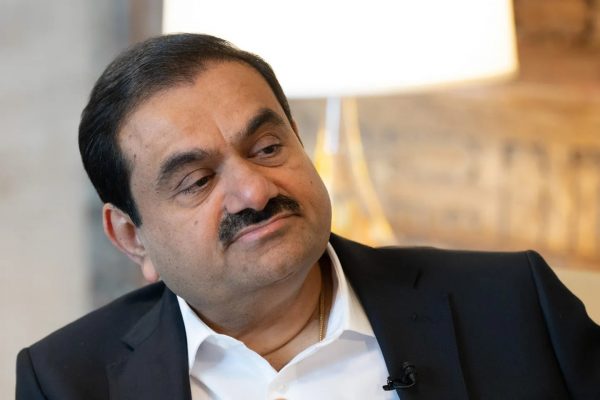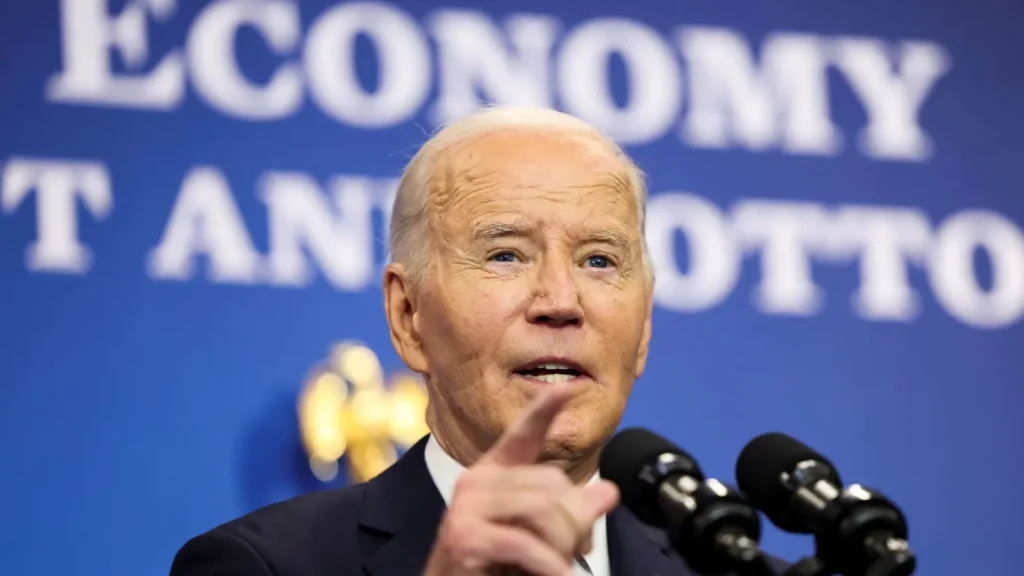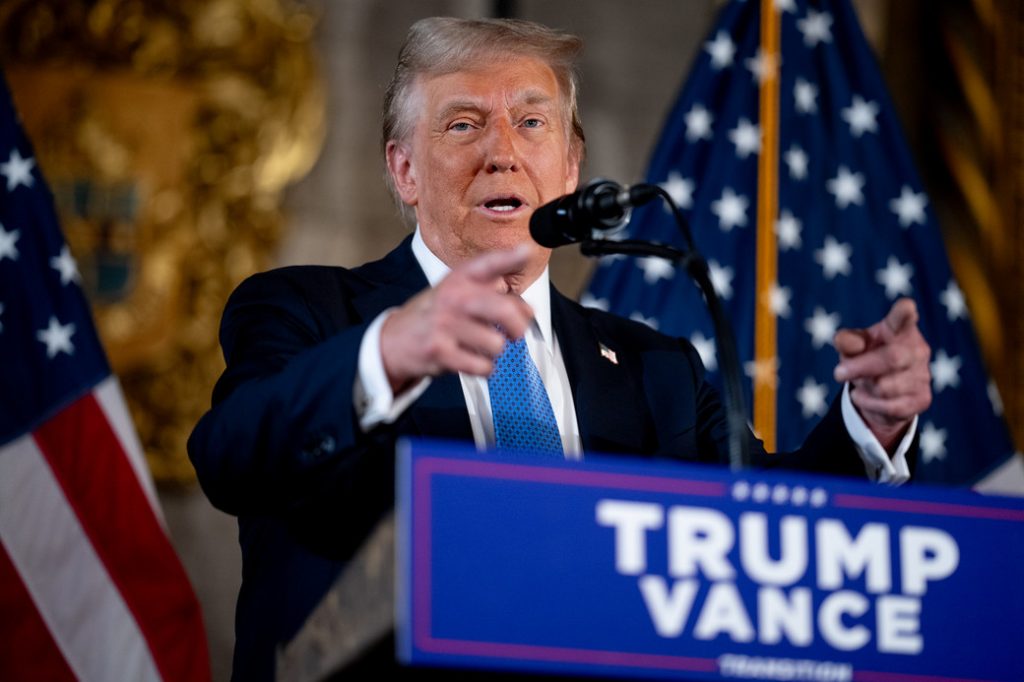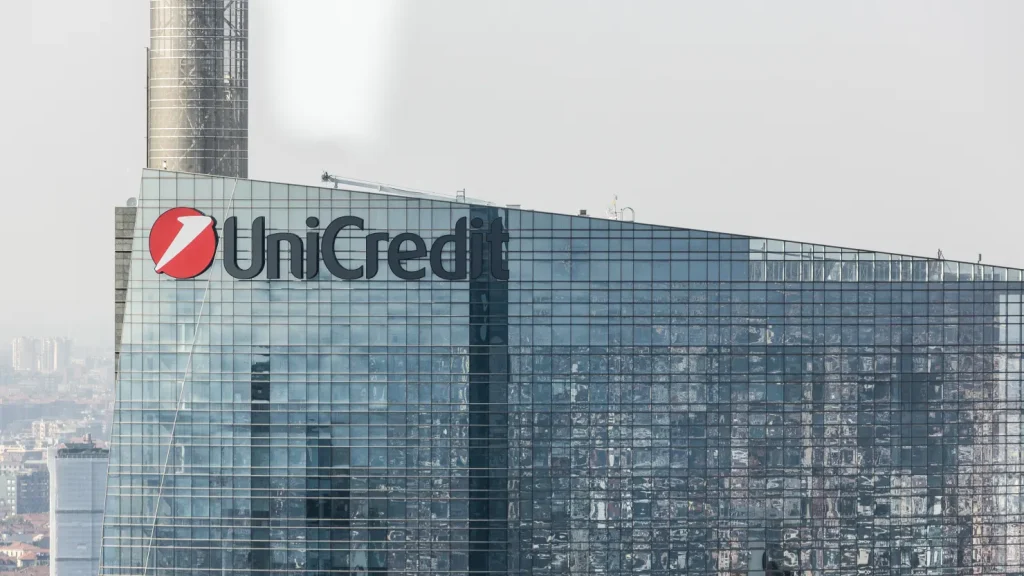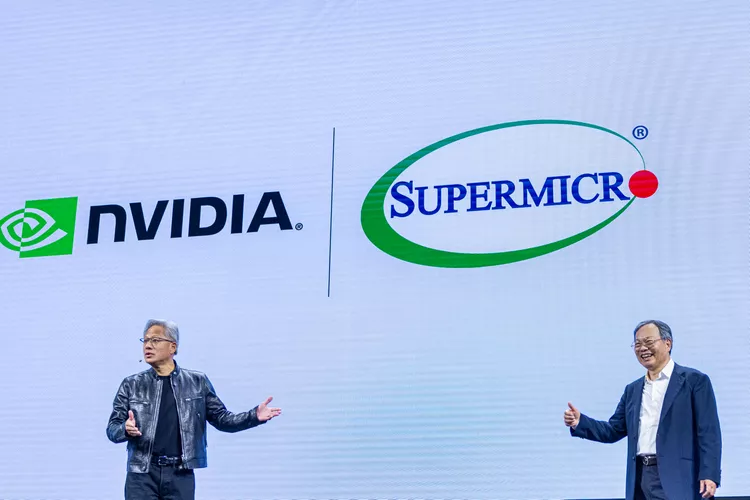Billionaire Gautam Adani To Raise $2 Billion From Sale Of Adani Wilmar Stake

Billionaire Gautam Adani has announced plans to raise $2 billion by selling a stake in Adani Wilmar, the food and edible oil giant co-owned by his Adani Group. This move is part of a broader effort by the Indian business tycoon to reduce debt and streamline his business empire amidst a challenging financial landscape. The sale of shares in Adani Wilmar, one of the flagship companies in the Adani Group’s portfolio, has attracted attention from investors and analysts alike, highlighting both the resilience of Adani’s companies and the strategic reshaping of his business interests.
Adani Wilmar: A Key Asset in the Adani Group
Adani Wilmar is a leading player in the Indian food processing industry, particularly known for its edible oils and packaged food products. The company was formed as a joint venture between Adani Enterprises and the Singapore-based Wilmar International in 1999. Since its inception, Adani Wilmar has grown into one of India’s most prominent food companies, with a significant market share in edible oils, pulses, rice, and other essential food products.
The company went public in 2022 and has been listed on the Indian stock market, where it has drawn substantial investor interest. Its success in India’s vast food industry has made it an important part of Adani Group’s diversified portfolio, which spans sectors such as energy, infrastructure, and logistics. Adani Wilmar’s strong performance has made it a valuable asset for the conglomerate, and Gautam Adani’s decision to sell a portion of the stake reflects both market conditions and his group’s financial strategy.
The $2 Billion Stake Sale
Gautam Adani’s move to sell a stake in Adani Wilmar comes as part of his group’s broader strategy to reduce its debt load. The $2 billion stake sale is significant because it represents a large portion of Adani Wilmar’s equity and reflects the current strength of the company within Adani Group’s portfolio. Adani Wilmar’s strong presence in the edible oil market and its diverse product offerings have made it an attractive investment for both institutional and retail investors.
The stake sale comes after a period of financial tightening for the Adani Group, which has faced scrutiny over its debt levels and financial practices. The group, one of India’s largest conglomerates, has been working to improve its financial position after a series of short-seller reports raised concerns about its financial transparency. By divesting part of its holding in Adani Wilmar, the Adani Group hopes to generate capital to address debt and reinvest in other business ventures.
This move is also seen as a way to recalibrate the group’s business model, as Adani seeks to focus more on high-growth sectors and streamline operations. The stake sale will likely reduce the group’s exposure to Adani Wilmar but still leave the company as an important part of the overall portfolio.
Why the Sale Matters for Adani Group
The $2 billion raised from the sale of Adani Wilmar shares will provide much-needed liquidity for the Adani Group, which has faced pressure to lower its debt burden and improve its financial health. Over the past few years, the Adani Group has aggressively expanded its operations, acquiring assets across various sectors, including energy, transportation, and utilities. However, the expansion has also led to mounting debt, which has caused concern among investors and analysts.
By reducing its stake in Adani Wilmar, the group aims to bring in funds to pay down some of its debt and stabilize its financial position. The company’s recent share price performance, along with its solid fundamentals, makes it an appealing option for investors looking for exposure to the fast-growing Indian food industry. The divestment is expected to be met with significant interest, particularly from institutional investors who are keen on securing a foothold in one of India’s most promising sectors.
The sale also comes at a time when the broader Indian economy is showing signs of recovery, and consumer demand for food products, particularly packaged foods and edible oils, is on the rise. Adani Wilmar’s established brand, strong distribution networks, and extensive market reach make it well-positioned to continue benefiting from India’s growing middle class and demand for high-quality food products.
Market Reactions and Investor Sentiment
The announcement of Gautam Adani’s decision to sell a stake in Adani Wilmar has generated mixed reactions in the financial markets. On one hand, the sale reflects confidence in the company’s long-term prospects, as Adani Wilmar remains a key player in the Indian food industry. Investors have shown a positive outlook on the company, with its shares seeing an uptick in response to the news of the stake sale.
On the other hand, some investors view the move as a sign that Adani is seeking to reduce exposure to some of his businesses in favor of focusing on others that may offer higher growth potential or have more stable financials. While the Adani Group has faced criticism for its debt levels and corporate governance issues, this sale signals the group’s intention to maintain its operations while addressing the financial concerns that have been raised.
For investors, the sale also raises questions about the future trajectory of the Adani Group. While some see it as a positive step toward financial consolidation, others remain cautious about the group’s overall debt management and corporate structure. Nevertheless, the sale of a stake in Adani Wilmar is likely to be viewed as an important part of the Adani Group’s ongoing efforts to balance growth with financial stability.
The Bigger Picture
The $2 billion raised from the Adani Wilmar stake sale is a significant move that reflects both the current financial landscape for the Adani Group and the broader economic conditions in India. With its extensive portfolio of assets, Adani Group has been at the center of India’s business landscape for years. However, as the conglomerate navigates challenges related to debt and financial transparency, moves like the sale of a stake in Adani Wilmar demonstrate the group’s ability to adapt and address these concerns.
Looking ahead, the Adani Group’s strategy will likely continue to focus on divesting non-core assets, reducing debt, and strengthening its position in high-growth sectors. Adani Wilmar, as one of the group’s most successful companies, will remain a crucial part of its portfolio, but the company’s future growth will depend on how well it can adapt to market conditions and continue to expand its market share in India’s dynamic food industry.
Gautam Adani’s decision to sell a $2 billion stake in Adani Wilmar is a strategic move that reflects both the evolving financial landscape of the Adani Group and the growth potential of India’s food industry. The sale will provide the Adani Group with much-needed funds to reduce debt and refocus its business strategy. While the decision has sparked mixed reactions, it highlights the group’s ongoing efforts to manage its portfolio and stabilize its finances in the face of external pressures. As the Adani Group continues to navigate its financial challenges, the performance of Adani Wilmar will be crucial in determining the conglomerate’s long-term success.


